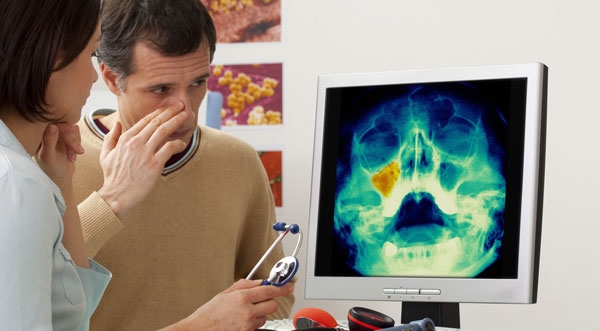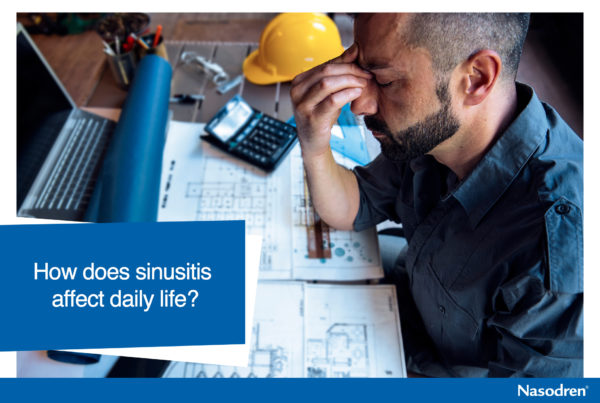Nasal polyps, an abnormal growth of tissues within the sinuses and the nasal passages, can be of pink, grey or yellow color. The fully-grown nasal polyps resemble to grapes on the stem, but the size of the teardrop polyps may vary. Big-size polyps may plug up the nasal passages and cause runny nose or stuffy nose and loss of both taste and smell. The nasal blockage may cause difficulty in breathing. Small-size polyps are neither detected and nor cause any visible symptoms. The polyps are more common in men than in their female counterparts.
The polyps generally appear in 40+ people. The polyps are soft. The polyps do not disappear unless treated. The nasal polyps growing within sinus areas may trigger symptoms of sinus infection. However, the polyps are benign. They do not increase chances of nasal cancer.
What exactly causes the polyp formation is still a mystery. They may be an outcome of constant swelling and redness of the mucus membrane – the nasal passageways’ lining. However, cause of inflammation is not known yet. A number of factors may increase chances of nasal polyp formation. Some of the factors follow:
- Aspirin intolerance, which means aspirin may lead to persistent coughing, itchy skin and other allergy related symptoms, and painkiller intolerance.
- Cystic fibrosis may cause polyps. During cystic fibrosis, a sticky fluid clogs up digestive system and lungs.
- Polyps may develop in the patients suffering from allergic rhinitis that is ascribed to allergy to animal fur and dust mites.
- Asthma may promote polyp formation.
- Churg-Strauss syndrome, blood vessels’ inflammation, may also encourage growth of polyps.
- Inflammation of the mucus membrane set the stage for a fluid build up within the membrane cells. Gravity pulls down the cells filled with the fluid over a period of time, causing polyp formation. Inflammation may be attributed to various factors, including bacterial, fungal or viral infection, exposure to pollutants, genes, disorders of nervous system and weak immune system. One of these factors or combination of these factors may trigger inflammation.
- During some studies, it is found out that people with polyps have different types of chemical markers in the mucous membrane.
- In many cases, people with polyps may not have any other associated symptoms. Treatment is not required in such cases. But, their size can be reduced by medication. The polyps can be eliminated by medication and / or surgery.









